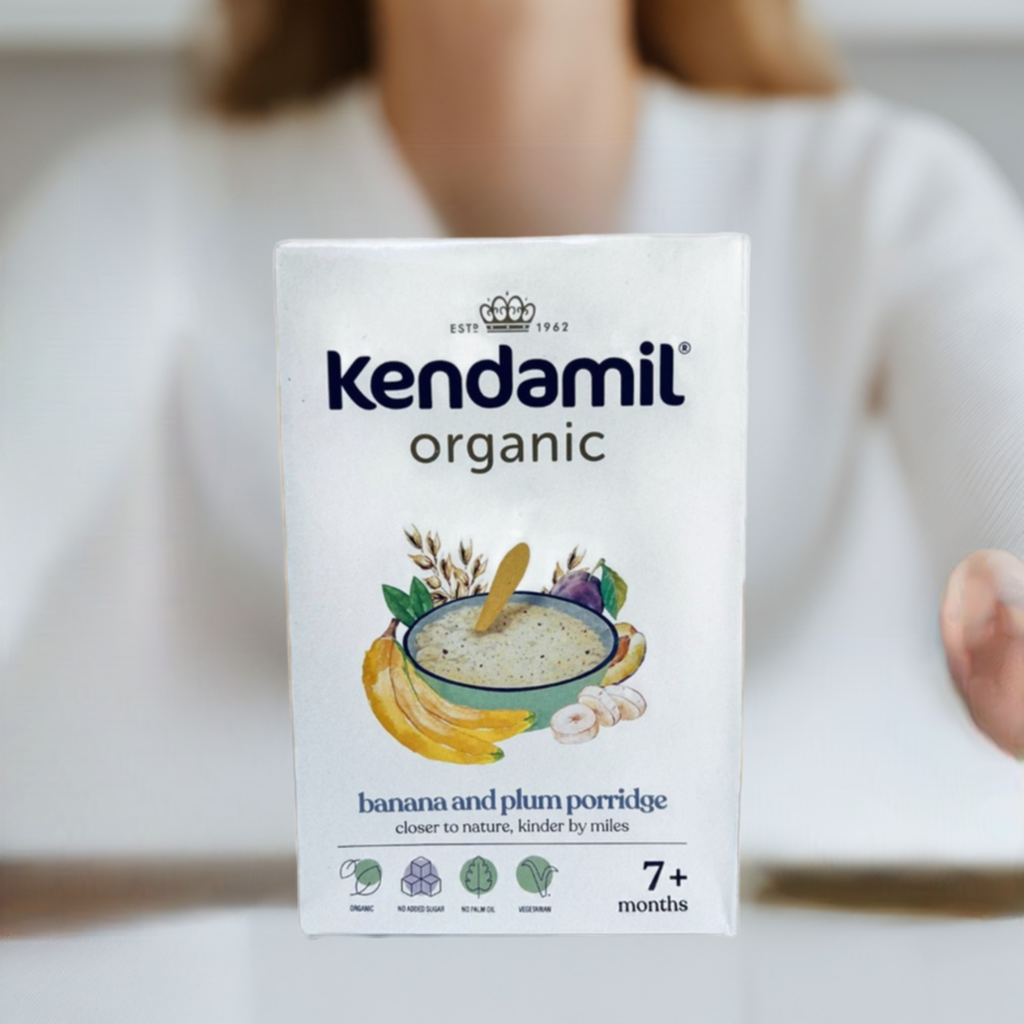
Why Organic Foods are Better
Organic foods have gained significant attention in recent years, becoming a staple for health-conscious consumers. These products are grown without synthetic pesticides, fertilisers, or genetically modified organisms, offering a natural alternative that many believe contributes to better health and environmental sustainability. This blog post will delve into the various aspects of organic foods, including health benefits, environmental impact, and considerations for choosing organic. The primary appeal of organic foods lies in their potential health benefits. Many consumers report improved well-being after switching to organic products. These foods often contain higher levels of certain nutrients, such as antioxidants, which may play a crucial role in preventing chronic diseases. Furthermore, they are less likely to contain harmful chemical residues, making them a preferable choice for families with children or those with specific health concerns. Beyond personal health, the environmental benefits of organic farming are noteworthy. Organic agriculture focuses on biodiversity, soil health, and ecosystem sustainability. By avoiding synthetic chemicals, organic farming practices help to preserve the natural ecosystem, promoting a healthier planet. These practices can lead to better water quality, improved air quality, and a reduction in pollution. Moreover, organic farming can help combat climate change through carbon sequestration in healthy soils. Choosing organic can also support local economies. Many organic farmers are small-scale operations that prioritise sustainable practices and fair trade. Purchasing organic products often means investing in local communities and supporting ethical farming practices. This connection not only fosters a sense of community but also encourages a more sustainable food system. For those considering switching to organic foods, it's essential to be informed. Look for certifications that guarantee organic status and familiarize yourself with local organic farms and markets. While organic foods can sometimes be more expensive, the long-term health benefits and environmental impact can outweigh the initial costs. In conclusion, embracing organic foods is not just about making healthier choices, but also about contributing to a sustainable future. By prioritising organic products, individuals can enhance their own health, support ethical farming practices, and play a part in protecting the environment. Making informed choices about what we eat can lead to a healthier lifestyle and a more sustainable world.
